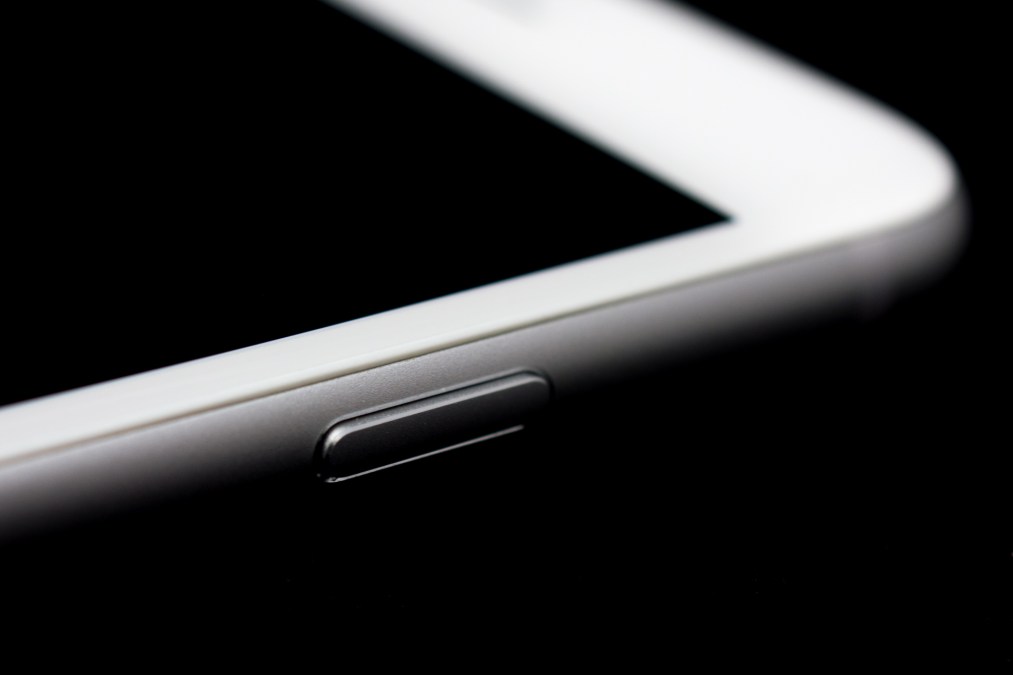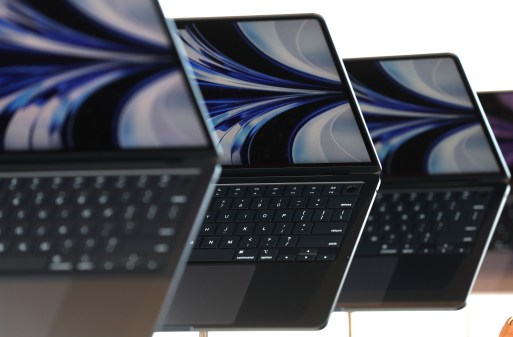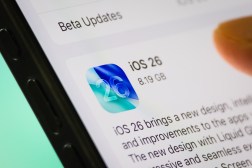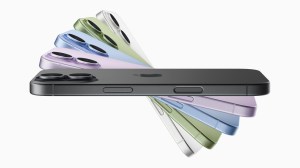No, Apple is not making it harder for cops to hack iPhones

As Silicon Valley prepares for the next encryption policy battle, rumors are swirling about what plans Apple is considering.
Recent reports have suggested, for example, that Apple will be adding a new encryption feature to the upcoming iOS 11.4. But that’s not exactly accurate.
On Tuesday morning, research from ElcomSoft, a Moscow-based mobile forensics company, was published claiming a feature called “USB Restricted Mode” was present in the latest version of iOS, Apple’s mobile operating system. The feature would disable the iPhone’s Lightning port after seven days; a new rule that would present a significant obstacle to law enforcement and forensics companies looking to hack into targeted iPhones.
The truth is: USB Restricted Mode is not in the current iOS 11.4 beta, which is still in development.
The feature was present in an older beta version of iOS 11.3 so it’s possible ElcomSoft made a version mistake when authoring their recent report. In a statement to CyberScoop, Vladimir Katalov, chief executive at ElcomSoft, said that the company relied on other digital forensics firms and could not confirm the accuracy of his blog post and subsequent news reports.
“Apple do not disclose the details,” Katalov said when reached for comment. “We had to operate with what Cellebrite and GrayShift say, as well as their users – but there is of course not 100% guarantee. Sometimes we even have to be provocative a little bit, because that seems to be the only way to get public response from Apple.”
Katalov later said his claim is based on seeing iOS systems fail to connect as well as chatter in online discussion forums.
Cellebrite and GrayShift are two of the largest private sector firms known for hacking Apple devices and selling those services to clients.
The full list of changes in the latest iOS beta reveals new features for iCloud messaging. It also describes about a half dozen major bugs and subsequent software fixes issued by the company. But again, nothing is mentioned regarding USB Restricted Mode. Which is notable, because when the feature actually existed in the 11.3 beta, Apple openly discussed it in release notes. USB Restricted Mode ultimately never made it into the final release of iOS 11.3, however.
Talks about the potential future feature comes in the midst of an ongoing debate around law enforcement’s ability — and inability — to unlock encrypted smartphones. Multiple companies, like Cellebrite and Grayshift, make a very profitable business by providing governments with technology to break into locked smartphones. iPhones are widely seen as the most secure consumer device on the market so any new security and encryption feature in an iPhone can have deep and global implications.
The phone unlocking debate made worldwide headlines in 2016 and reached its height when then-candidate Donald Trump suggested a boycott of Apple for not sufficiently cooperating with law enforcement. The federal government is still engaged in a push to mandate legal unlocking from companies like Apple.
Tuesday’s report spread quickly after it was initially published on Tuesday including being re-blogged on several prominent outlets and reaching the top of the popular Hacker News forum.
Update: The latest version of this article clarifies that USB Restricted Mode is not in the current iOS 11.4 beta but no one outside of the company knows Apple’s future plans.






